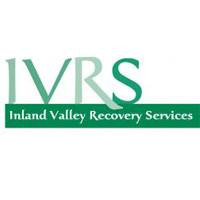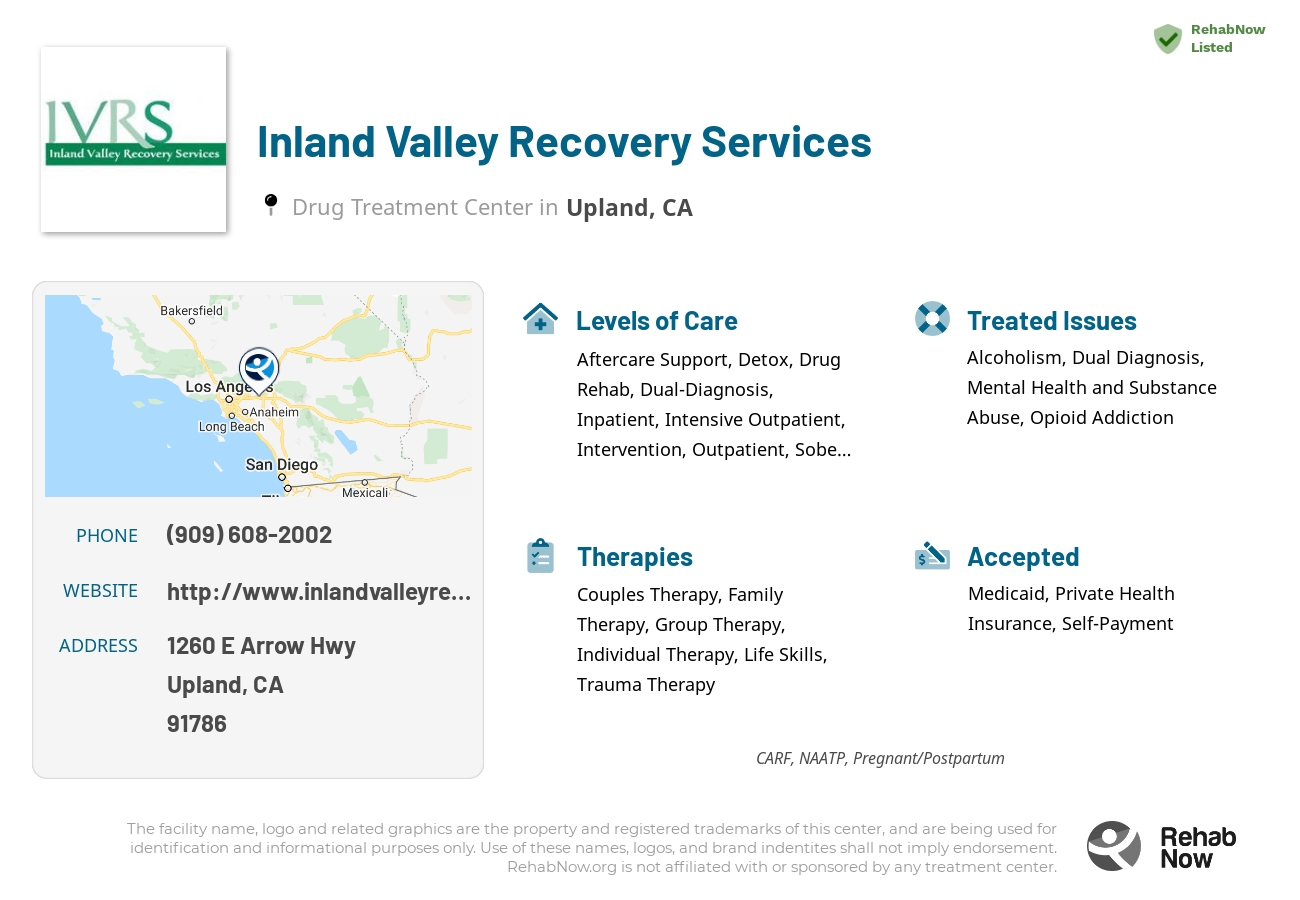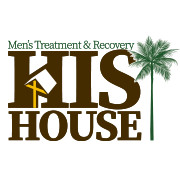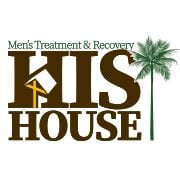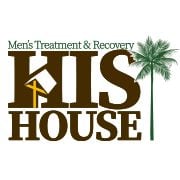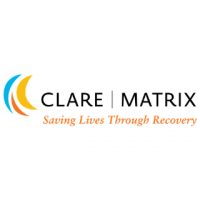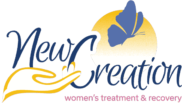Inland Valley Recovery Services
Drug Rehab Center in Upland, California
Inland Valley Recovery Services is an accredited drug rehab facility located in Upland, California that has provided effective addiction treatment since 1962. With a range of care options, including residential, partial hospitalization, detox, dual diagnosis and aftercare support services; this facility offers compassionate and highly qualified professionals to help those suffering from substance abuse get on the path towards recovery.
About This California Facility
Inland Valley Recovery Services, located in Upland, California, is a comprehensive addiction treatment center dedicated to helping individuals overcome substance abuse and achieve lasting sobriety.
Since 1962, IVRS has grown into a continuum of care network offering a wide array of substance abuse services, including detoxification, residential and outpatient treatment, aftercare, education, counseling, and prevention services. They also operate licensed, court-approved domestic violence batterer's treatment alternatives.
IVRS is accredited by CARF and NAATP, ensuring adherence to the highest standards of care. Their qualified, caring multi-disciplinary team includes administrators, counselors, therapists, and support staff, including bilingual English/Spanish professionals who meet California's licensing and certification requirements.
- Offers a 12-step focused approach to recovery
- Provides specialized programs for diverse populations
- Utilizes evidence-based, trauma-informed therapies
Inland Valley Recovery Services specializes in treating various substance addictions, including alcohol, opioids, and other drugs. They offer dual diagnosis care for individuals with co-occurring mental health disorders, ensuring comprehensive treatment for underlying issues.
For example, a person struggling with depression and alcohol addiction could benefit from IVRS's integrated approach. They would receive a thorough assessment, personalized treatment plan, and evidence-based therapies to address both conditions simultaneously, increasing their chances of achieving long-term recovery.
Genders
Ages
Modality
Additional
Accreditations
State License

CARF
The Commission on Accreditation of Rehabilitation Facilities (CARF) is a non-profit organization that specifically accredits rehab organizations. Founded in 1966, CARF's, mission is to help service providers like rehab facilities maintain high standards of care.
Conditions and Issues Treated
Substance abuse typically leads to addiction, which requires specialized treatment programs at Inland Valley Recovery Services to address. Many people benefit from inpatient drug rehabilitation, which includes inpatient acute care and residential rehabilitation. Other levels of care include intensive outpatient therapy, individual counseling, and support groups. Family therapy is also an essential part of treatment for substance abuse.
A combination of treatments is often needed to treat drug abuse issues effectively. In the case of drug abuse, there is no easy answer or one-size-fits-all cure.
Opioid addiction treatment helps people addicted to opioids in California curb their drug use. The selection of a treatment setting depends on the severity of the addiction. Mild cases are usually treated in outpatient facilities; severe cases need hospitalization or treatment in a residential facility. Doctors use medicines along with counseling and behavioral therapies to treat the addiction. The treatment includes medication, counseling and therapy. It can also include group counseling, individual counseling and family counseling.
People with dual diagnosis have coexisting addiction and a mental disorder. 9.2 million US adults had a co-occurring disorder in 2018, so not just limited to California residents. Best treatment combines medication, psychotherapy (talk therapy), support group, and inpatient rehabilitation. Sometimes, complementary therapies – yoga, massage, and acupuncture – may also be used.
Levels of Care Offered at Inland Valley Recovery Services
This center offers a variety of custom treatment tailored to individual recovery. Currently available are Aftercare Support, Detox, Drug Rehab, Dual-Diagnosis, Inpatient, Intensive Outpatient, Intervention, Outpatient, Partial-Hospitalization, Residential, Sober-Living / Half-Way, with additional therapies available as listed below.
Detox is the stage of recovery where the drugs or alcohol are entirely removed from your body. There are two different ways to detox, with medications and without. For many drugs and alcohol, the acute phase of detox can be completed in a number of days.
Inpatient rehab means living at the Upland, CA facility while all aspects of an addiction or co-occurring disorder get addressed. This helps limit the distractions and increase the focus on recovery. Typical inpatient rehab stays are approximately one month long.
Inland Valley Recovery Services offers an Intensive Outpatient Program is for those who need intensive care but prefer to spend the majority of their time in the comfort of their own home. The rehabilitation services differ in length and intensity. They are customized to meet the needs of the patient.
Outpatient treatment plans cover diagnosis, detoxification, management, and counseling. They are a popular option for those who have graduated from inpatient facilities. Services in California include medication-assisted treatment (MAT) and individual and group therapy.
A partial hospitalization program (PHP) is a short-term form of intensive rehab, usually for those with acute symptoms that are hard to manage but don’t require 24-hour care. PHPs have structured programming (i.e. individual and/or group therapy), and usually meet 3-5 days a week for around 6 hours (i.e. 9am-3m). Some PHPs are residential (patients sleep on site) and some are not, so patients sleep at home. PHPs can last from 1-6 months, and some offer transportation and meals.
Sober living home provides a drug and alcohol-free environment for people in Upland trying to stay sober. The atmosphere in SLH is less restrictive than in inpatient rehab. Members have to follow many rules, including not drinking and using drugs and paying rent and bills. There is no limit for the minimum or maximum period of stay, but as long as you stay in the house, you should follow the rules, as it’s the opportunity for individual and group sobriety.
Residential treatment programs are those that offer housing and meals in addition to substance abuse treatment. Rehab facilities that offer residential treatment allow patients to focus solely on recovery, in an environment totally separate from their lives. Some rehab centers specialize in short-term residential treatment (a few days to a week or two), while others solely provide treatment on a long-term basis (several weeks to months). Some offer both, and tailor treatment to the patient’s individual requirements.
Not everyone dealing with addiction is prepared to engage in a recovery program. Inland Valley Recovery Services‘s Intervention Programs can be beneficial for these individuals. The individual’s friends and family will call and set up an intervention in or near Upland, CA, and at which a specialist will come and lead the discussion.
After treatment, addiction treatment can be frightening for newly sober people. Aftercare support provided by Inland Valley Recovery Services is designed to give resources and help on a continued basis. It can involve finding housing in and around California, setting up 12-step meeting groups, continued medical monitoring, and counseling.
Therapies & Programs
Couples therapy aims to rebuild the trust between the partners. Partner’s involvement in the process will result in greater chances of treatment success. Couples therapy addresses financial issues, loss of trust, lack of intimacy, and physical abuse.
Family therapy is a set of therapeutic approaches that assumes that the entire family is a system. It utilizes the strengths and resources of the family to help the patient refrain from resorting to substance abuse. The impact of substance abuse is not just on the patient but on the entire family. Family therapy ensures that the patient gets adequate support from the family members after the treatment making the recovery process sustainable
- Family therapy guides all the members of the family to help the patient.
- It helps to repair relationships and improve communication between family members.
- It helps to keep the patient engaged and motivated throughout the treatment.
Group therapy is an important tool in recovery. Finding a peer group in Upland, CA and others who relate to your situation is a fundamental tool for recovery at Inland Valley Recovery Services. Addiction tends to lead to isolation and feelings of uniqueness. The accountability and friendship that is found in group therapy can be more effective than any single other treatment approach. This is generally introduced early in recovery and is recommended as a lifetime treatment habit.
Trauma therapy is a way of addressing trauma while in a safe situation in order to heal. This may involve Inland Valley Recovery Services managing individual or group counseling or both. Other forms of therapy have been proven to assist in healing past traumas.
A type of cognitive-behavioral therapy is Dialectical Behavioral Therapy. It is intended for those who are vulnerable to self-harm and suicidal thoughts. Inland Valley Recovery Services aims to help patients understand the connection between their feelings, emotions, and behaviors and provide them with the tools to make a difference in Upland, CA. For those whose addictions and habits originate from severe mental health problems, it is beneficial.
Negative feelings are common in substance abuse disorders. If not recognized, they can cause co-occurring disorders. CBT involves strategies that help to change the thinking and behavioral pattern. It can be administered as a monotherapy as well as a part of combination therapy.
Rational Emotive Behavioral Therapy (REBT) is a variation of Cognitive Behavioral Therapy (CBT) that helps people understand how maladaptive, negative, and habitual thoughts and feelings lead to bad life choices. REBT is based on the idea that people operate under many irrational but habitual patterns of thought that fuel harmful practices.
Rehabilitation is not just limited to bringing an individual out of addiction and achieving sobriety. It is considered complete only when an individual starts leading a normal and balanced life. Life skill therapy focuses on the various skills that help an individual to lead a normal life. Patients often do not take care of themselves, struggle professionally, and withdraw from social interaction due to addiction’s physical and emotional disturbances.
Life skills therapy helps people in California improve various personal, professional, and social skills such as cooking healthy meals, maintaining proper hygiene, budgeting, decision-making, time management, regulation of emotions, and effectively resolving interpersonal conflicts.
The first three steps depend on the patient, so they are more specific and situational. The succeeding four steps center on practical issues brought on by substance abuse. Steps 8 and 9 deal with the social and emotional repercussions of addiction, encouraging patients to make amends to people they have wronged. These are followed by two steps revolving around the further exploration and reinforcement of Steps 1 to 9.
The last step requires an individual to extend a helping hand to people who are still in the early stages of their recovery.
Payment Options Accepted
For specific insurance or payment methods please contact us.
Is your insurance accepted?
Ask an expert, call (888) 674-0062
Inland Valley Recovery Services Associated Centers
Discover treatment facilities under the same provider.
Learn More About Inland Valley Recovery Services Centers
Additional Details
Specifics, location, and helpful extra information.
Upland, California 91786 Phone Number(909) 608-2002 Meta DetailsUpdated April 15, 2024
Staff Verified
Patient Reviews
There are no reviews yet. Be the first one to write one.
Upland, California Addiction Information
More than 3 million of California's citizens are addicted to illegal drugs. Almost 800,000 people use hard drugs, almost 5 million use marijuana, and another 2.1 million abuse alcohol every year. Other substance abuse issues such as binge drinking and teen drug use are also common. Many illegal drugs such as cocaine, heroin, methamphetamine, and marijuana are smuggled into the state from Mexico.
There were over 1,000 drug-related arrests in Upland in 2017. The majority of these arrests were for possession of marijuana. Treatment admissions for heroin increased by nearly 50% from 2011 to 2014. It also found about 34% of all violent crimes in Upland were drug-related. The type of treatment that you receive will depend on your needs. Some people may benefit from a 12-step program, while others may need more intensive therapy.
Treatment in Nearby Cities
- Dana Point, CA (43.9 mi.)
- Oroville, CA (432.8 mi.)
- Corona, CA (16.0 mi.)
- La Habra, CA (21.3 mi.)
- Panorama City, CA (47.1 mi.)
Centers near Inland Valley Recovery Services
The facility name, logo and brand are the property and registered trademarks of Inland Valley Recovery Services, and are being used for identification and informational purposes only. Use of these names, logos and brands shall not imply endorsement. RehabNow.org is not affiliated with or sponsored by Inland Valley Recovery Services.
